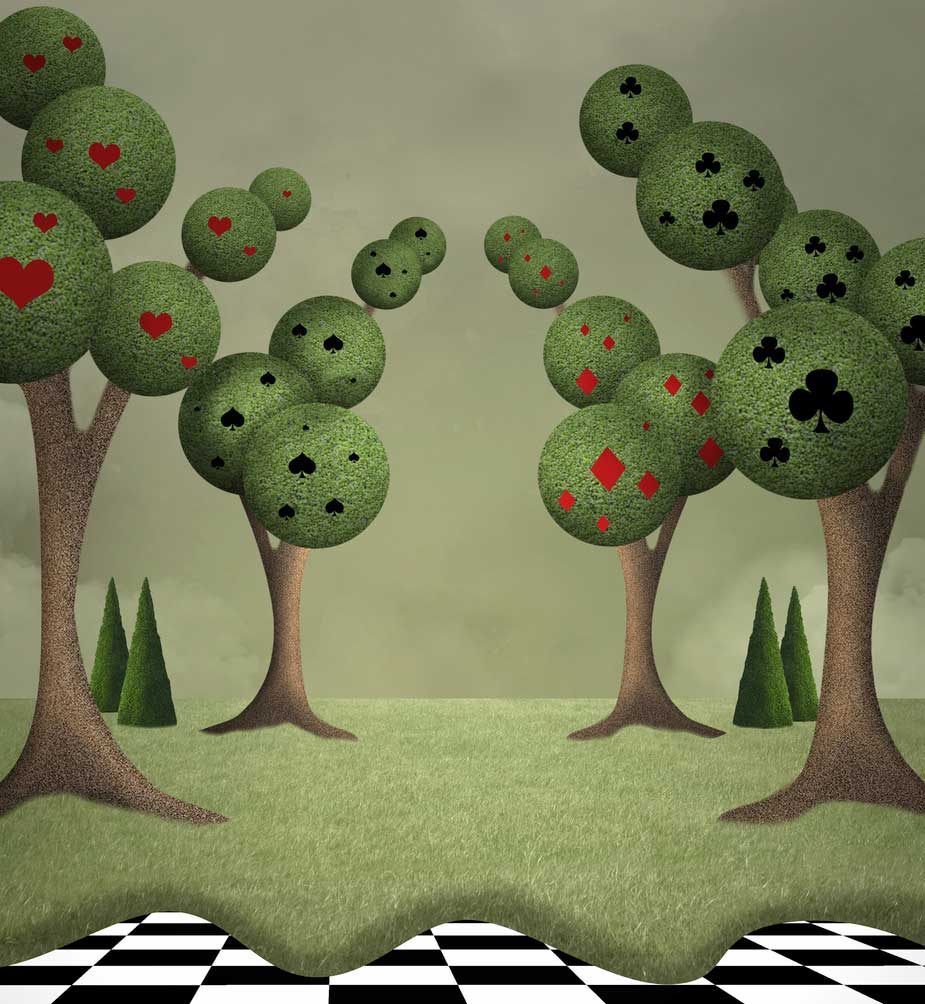myth
nounA traditional, typically ancient story dealing with supernatural beings, ancestors, or heroes that serves as a fundamental type in the worldview of a people, as by explaining aspects of the natural world or delineating the psychology, customs, or ideals of society.
nounSuch stories considered as a group.
nounA popular belief or story that has become associated with a person, institution, or occurrence, especially one considered to illustrate a cultural ideal.
nounA fiction or half-truth, especially one that forms part of an ideology.
nounA fictitious story, person, or thing.
nounA landmark for directing the course of a vessel through a channel, or along a dangerous shore.
nounAn abbreviation of mythological, mythology.
nounA traditional story in which the operations of natural forces and occurrences in human history are represented as the actions of individual living beings, especially of men, or of imaginary extra-human beings acting like men; a tale handed down from primitive times, and in form historical, but in reality involving elements of early religious views, as respecting the origin of things, the powers of nature and their workings, the rise of institutions, the history of races and communities, and the like; a legend of cosmogony, of gods and heroes, and of animals possessing wondrous gifts.
nounIn a looser sense, an invented story; something purely fabulous or having no existence in fact; an imaginary or fictitious individual or object: as, his wealthy relative was a mere myth; his having gone to Paris is a myth. Myth is thus often used as a euphemism for falsehood or lie.


